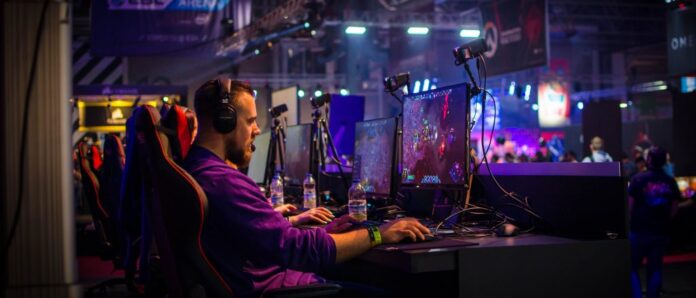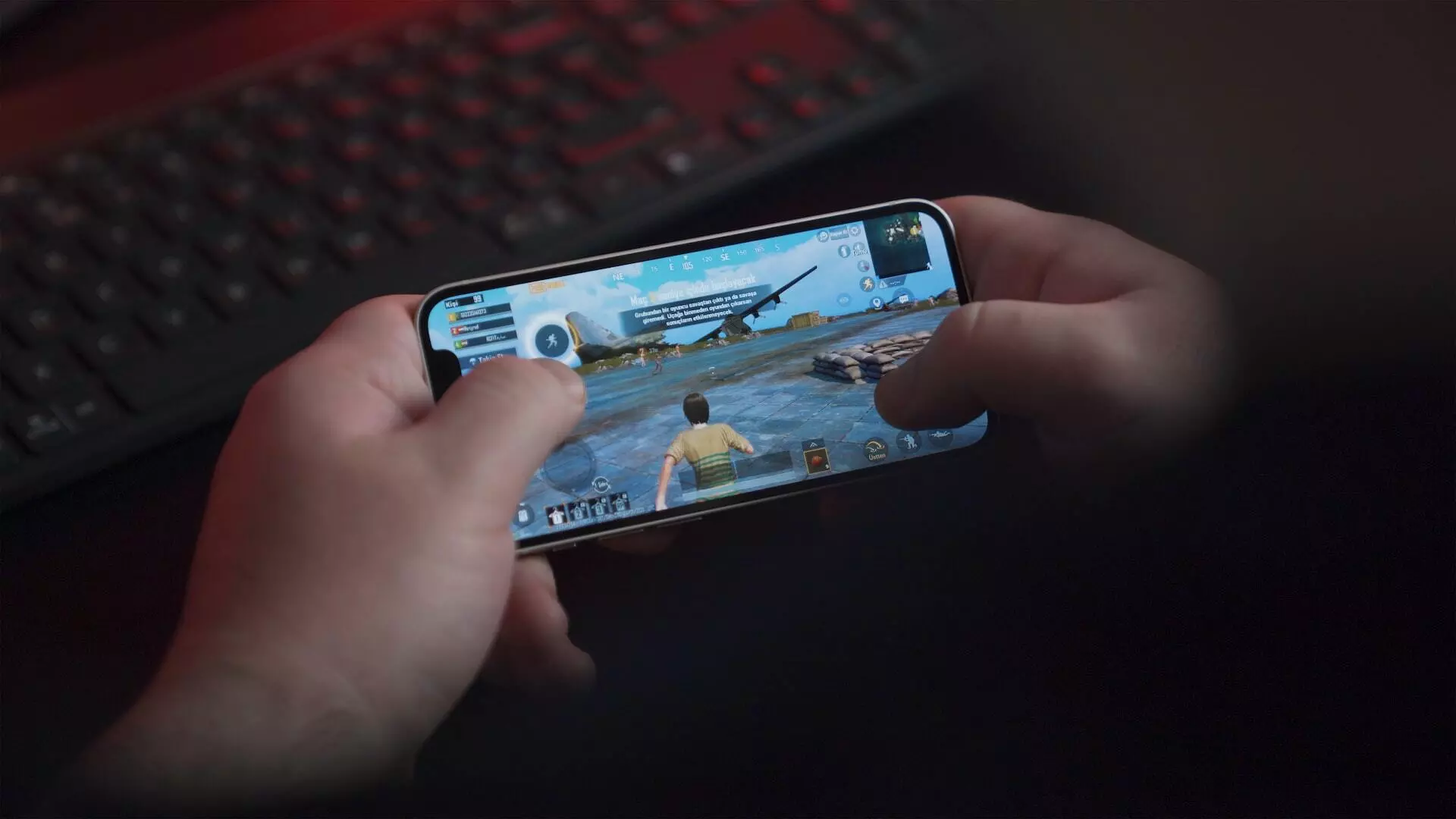Online games have evolved into more than mere time killers. They’ve become arenas for social interaction, where friendships and communities are fostered, and where meaningful interactions occur.
Online gaming has taken the baton of traditional physical games, transforming them into a digital landscape and reaching a global audience. Games are expanding their scope to incorporate more inclusive social experiences.
By integrating elements of traditional community interaction, online games provide a space for players to socially engage in a new, exciting way. The impact of this evolution has profound implications for how we perceive social interaction and community building.
Online Games as a Social Platform

The allure of online games extends beyond the thrills of gameplay and competition. The crux of their appeal is the social interaction they facilitate. Online gaming communities have evolved from being mere spaces for game enthusiasts to global social networking platforms. These communities provide a unique social interaction and connection platform for millions of people around the world.
Whether it’s an MMORPG like World of Warcraft, a Battle Royale game like Fortnite, or a simple, enjoyable game of Monopoly, online games offer spaces where relationships can flourish. The use of in-game chat features, both text and voice, facilitates real-time interaction among players.
This feature enhances the sense of community, bridging geographical gaps, and fostering social connections. The social dynamic in online games is increasingly reflecting real-world social norms and behaviors, contributing to a more authentic interaction experience.
Online Games and Community Building

One cannot ignore the significant role online games play in nourishing community interaction. This facet becomes glaringly apparent when looking at games like bingo, which have traditionally been social hubs.
No longer is there a need for physical interaction to play such games with other people. Now, age-old community-building games have moved into the digital sphere, offering similar socializing conditions via online platforms. Accordingly, online versions of bingo have managed to replicate and even enhance this social aspect, creating strong communities among their player base.
Moreover, these gaming communities become a place where shared interests converge, and this is especially seen in games that necessitate team collaboration. Sharing the same hobbies or gaming interests can fuel the formation of friendships, building connections that transcend the virtual world.
The Role of Online Games in Bridging Cultural and Geographical Gaps
Online games have assumed the role of virtual meetup spots, especially for the younger generation. It’s not just about competing against each other; it’s also about collaborating, strategizing, and achieving common goals.
Online gaming facilitates global interaction, allowing players to connect with like-minded individuals worldwide. This global reach of online games broadens players’ cultural perspectives, supporting an understanding of diverse cultures and backgrounds that they might not have been exposed to otherwise.
Imagine having a conversation with someone in a different time zone while you’re both attempting to complete a challenging level in a game. Online gaming facilitates this kind of interaction, allowing players to connect with people who share similar interests from all corners of the globe.
A Safe Space for Social Experimentation and Skill Building

Online gaming can provide a safe space for social interactions, particularly for individuals who may find face-to-face interactions challenging. For people with autism spectrum disorders, social anxiety, or depressive symptoms, the pressure-free environment offered by online games can be a welcome refuge.
Online gaming does not demand immediate responses or physical presence, which can alleviate social pressures. Moreover, it allows players to communicate and build friendships at their own pace, according to their comfort level.
Impact of Online Gaming on Relationships
The impact of online gaming on relationships is significant, both in terms of fostering new connections and strengthening existing ones. Playing games together can create a bond between players, similar to how shared interests and activities foster relationships in the real world.
The online interactions during gaming could offset the feelings of isolation, providing much-needed social stimulation. Not only do they enable friends to stay connected regardless of geographical distances, but they also provide an avenue for strangers to become friends, sharing in the victories, defeats, and fun of the game.
Online Gaming and Healthy Competition

Games often foster a sense of competition and achievement among players. Games that require teamwork and collaboration often see players working together to complete challenges or outwit opponents. This shared effort can build a strong sense of camaraderie and accomplishment among players, reinforcing their social bonds.
Conflict Resolution Skills and Online Gaming
Gaming with friends can be an effective arena for players to hone their conflict resolution skills. In team-based games, effective communication is a prerequisite for success, and disagreements are inevitable. These scenarios offer opportunities for players to work through conflicts constructively, building resilience, and empathy – valuable skills that translate into real-world social interactions.
The Future of Social Interaction in Online Gaming

The future of online gaming looks promising, with increasing trends in social interactions within these platforms. Advancements in technology, like virtual reality (VR), are pushing the boundaries of what’s possible, offering more immersive and interactive experiences. Developers are working hard to make games more inclusive, community-driven, and socially engaging.
Whether it’s connecting with people across the globe, learning about different cultures, building resilience, or providing a safe space for vulnerable individuals, the social benefits of online gaming are undeniable. From building communities to serving as virtual meetup spots, they offer a unique social platform that transcends geographical boundaries and physical limitations.
Newly emerging technologies will further enhance these interactions, paving the way for a more socially-engaged future. Online games have undeniably become a significant part of our social fabric, affirming its position as a social powerhouse in the digital age.
As technology continues to advance, these platforms are poised to offer even richer and more engaging social experiences, redefining what it means to be part of a community in the process.









